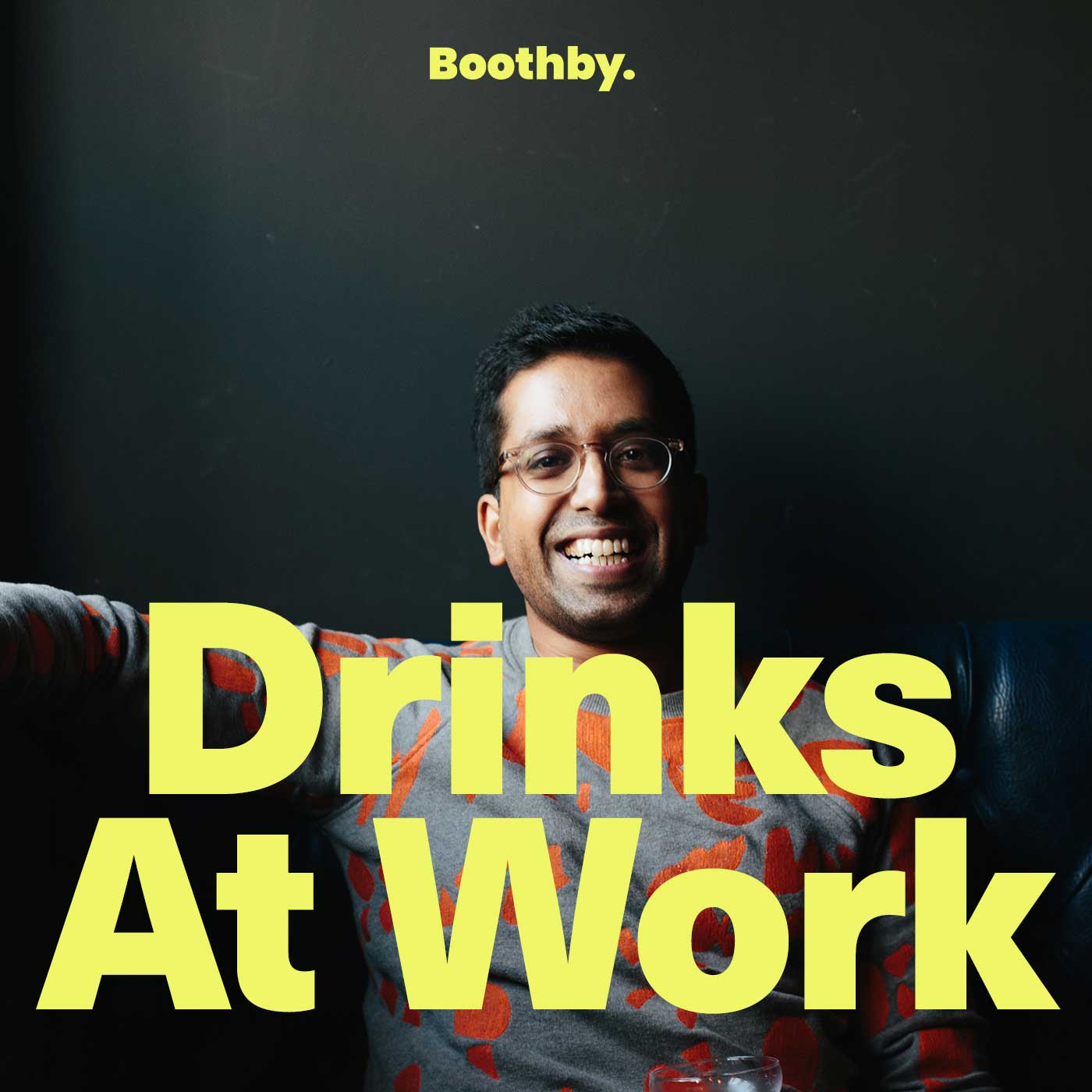‘There’s got to be different ways of doing things.’ Ryan Chetiyawardana talks reinvention, and what hospitality really means
He’s the influential bartender and creative behind some of the world’s best bars.

He’s the influential bartender and creative behind some of the world’s best bars.
